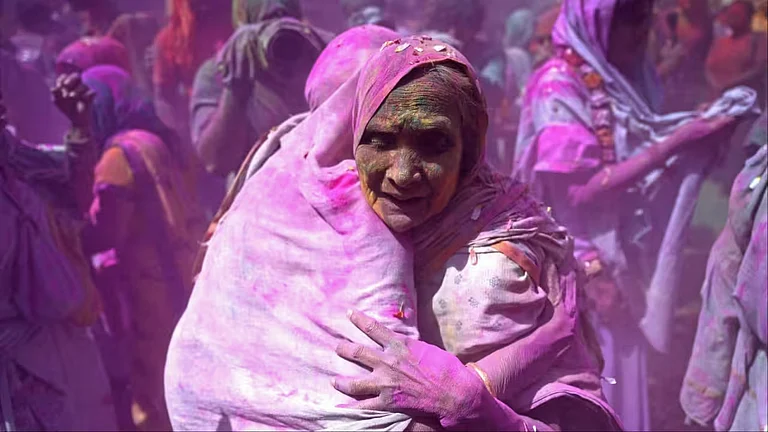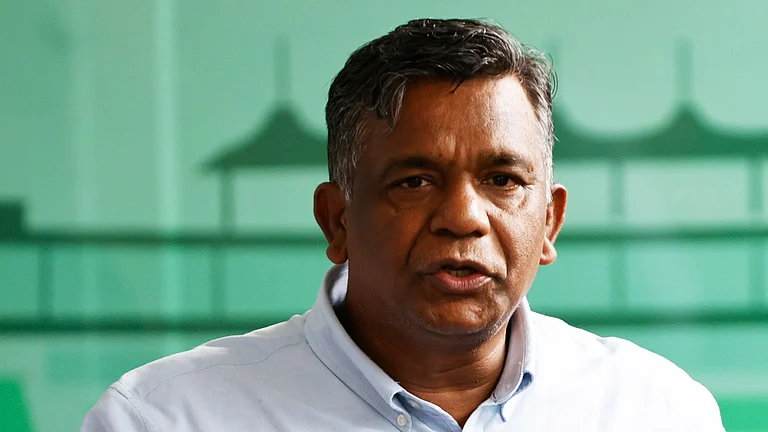Gita Gopinath is the first Dy. MD of the International Monetary Fund (IMF) and the first woman to be featured on the IMF’s ‘wall of former chief economists’, making it a proud moment in the history of the IMF. This makes her the second Indian to achieve this honour after Raghuram Rajan, the IMF’s Chief Economist and Director of Research.
Gita Gopinath was a visiting scholar at both the IMF and a member of the economic advisory panel of the Federal Reserve Bank of New York. Gopinath received her PhD in Economics from Princeton University in 2001 after earning a Bachelor’s Degree from the University of Delhi and a Master’s from the Delhi School of Economics and the University of Washington. She joined the University of Chicago’s Booth School of Business in 2001 as an assistant professor before moving to Harvard in 2005. Gopinath was scheduled to return to her academic position at Harvard University in January 2022 after having served as the IMF’s Chief Economist for three years. Instead, she was appointed the first deputy managing director of the fund and the second-ranking official by the end of 2021.
As the Chief Economist, she spearheaded the IMF’s research department and contributed to multilateral surveillance through the World Economic Outlook, developing a new analytical approach to help nations respond to international capital flows via the Integrated Policy Framework.
“Two big areas of progress have been physical infrastructure—roads, ports, airports, and so on—but also digital infrastructure. I think both of them have been areas of remarkable progress, and that is beneficial to all parts of society, not just the very rich”
She co-authored the “Pandemic Paper” on how to end the COVID-19 pandemic that set globally endorsed targets for vaccinating the world and led to the creation of the Multilateral Task Force made up of the leadership of the IMF, World Bank, and WTO and the establishment of a working group with vaccine manufacturers to accelerate delivery of vaccines to low-income countries. Based on her research and experience, Gopinath has also authored several books and articles on emerging markets, trade, investment, the stock market, and international crises.
According to Gopinath, the world is at a turning point, and the risks of a fragmenting world driven by “friend-shoring” and “de-risking” could end up overwhelming the benefits—and even lead to a new Cold War. She confirms interest rates are likely to remain higher than during the global financial crisis but are expected to decrease in the second half of the year.
Gita Gopinath believes that India is on a positive growth curve and is one of the fastest-growing economies in the world. Though the government’s public investment in public infrastructure, including digital public infrastructure, has contributed to driving economic growth, there is a need to build more reforms and ensure that they are consistent for the country to be able to truly realise its potential.
“In terms of specific reforms, for instance, financial access to medium, small, and micro enterprises, I think it’s still an area where more work is needed, like credit growth for that particular sector. Labour market reforms are needed. Female labour force participation is incredibly low. More needs to be done to bring that up,” Gopinath further elaborated, saying that reforms were not just required at the national level but at the state government level too.


























